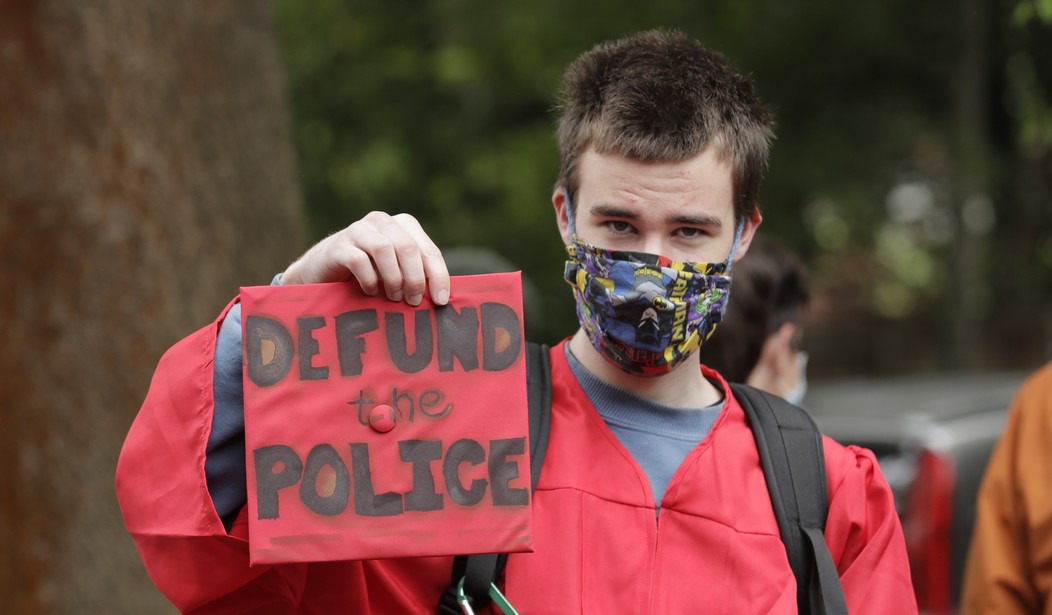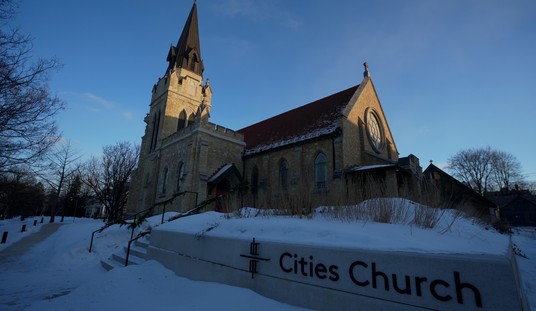This story was reported by radio host Jason Rantz on Saturday. It’s a tragic situation which, according to people with knowledge of the case, could have been avoided if not for two things. First, the staffing crisis in Seattle meant there was a delay. Second, there was a mistake in the system which prevented help from entering the victim’s apartment immediately.
Here’s what happened. A 13-year-old called for help when he saw his dad was having a medical emergency. He placed the call at 1:24 pm and that was relayed to Seattle Fire within two minutes:
A medic unit would respond first, given what is known now. These are units staffed with two medics and have the most medical experience. But Seattle Fire was down one medic unit due to the staffing crisis. A spokesperson for Seattle Fire notes that the initial dispatch was for an aid response and that a medic on duty would not have been sent early on.
Instead, A18 (“Aid-18”) was assigned to the incident and arrived within five to six minutes. This unit is comprised of two firefighters. But they could not enter the residence without officers present.
And that’s where the second problem cropped up. There was a warning associated with the address the kid was calling from that said the resident of that apartment was prone to attacking the police and fire department. And that meant that A18 couldn’t enter the apartment without backup from the police. So they got to the scene and waited.
A18 drove around the block and staged, waiting for SPD at approximately 1:32 p.m., according to a source. They hit their on-scene button at 1:35 p.m., according to the incident report.
As A18 waited, the teen called 911 a second time at 1:37 p.m. — 13 minutes after his initial call. He told the dispatcher that his father is barely breathing. You can hear a panic creeping into his voice as he watched his father’s condition worsen…
In a medical emergency, every second counts. But, according to the incident report, a police unit wasn’t assigned to the incident until almost 1:37 p.m. — a full 11 minutes after the dispatcher sent units to the residence.
A18 waited for about seven minutes.
Because the teen called a second time, the A18 responding unit decided to take a risk and enter the apartment. But it turns out there was no risk. The note about the apartment was about a previous resident who’d moved out. But the Seattle system only checks on the accuracy of those warnings every two years so it hadn’t been updated. The result was that the father died despite a real effort to resuscitate him at the scene.
Details of the victim’s condition haven’t been released but two medics told Rantz that the problem was a heart condition that was survivable if help had arrived quickly. But as it was, the delay caused by the warning about the previous resident combined with the delay of getting police to the scene to back up the A18 responders. So it was a combination of factors, one of which was the staffing shortage:
Due to severe staffing shortages, police in the North Precinct — where the teen and father lived — are the slowest precinct to respond to 911 calls. According to a city report from August 2021, the average response time for priority 1 calls (emergencies in progress) was nearly 13 minutes in Q2 of this year. The average response time for priority 2 calls was an astonishing 61 minutes.
Officers also noted that Mayor Durkan’s vaccine mandate may have played a role because that took “100 officers off the streets in mid-October.” That meant there were even fewer officers available to respond to emergencies. In this case, it meant responding help couldn’t start CPR on the victim for an additional 7 minutes after they arrived.







Join the conversation as a VIP Member